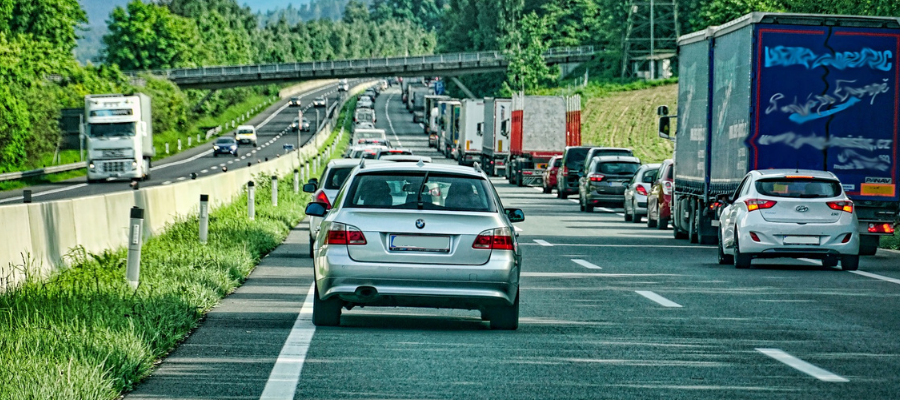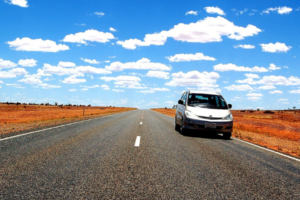I filled my car up last week, which these days is a horrific experience. The problem is that we’re all so reliant on cars to get around, and with petrol prices running at approximately £1.30 a litre, your average 60-litre tank is now a massive £80 to fill up.
According to research in the UK, the average car driver spends £28.60 a week or a colossal £1,500 per year on fuel. Sadly petrol and diesel prices are only going to increase, and until we all switch to electric cars, you need to follow some basic advice to reduce your driving costs.
Check out the following ideas below.
Look Out for Tire Pressure
When you plan on using your car, make sure the tire pressures are perfect. If your tire pressure is too high or too low, your vehicle will use more fuel while you are driving. A few years ago, a research project by the National Highway Traffic Safety Administration (NHTSA) in the USA was done on the correlation between tyre pressure and fuel economy. It found that for every 1% decrease in tyre pressure, fuel economy was reduced by 0.3%.
While these numbers don’t sound huge, you need to remember that tyres naturally lose a percentage point of pressure each month, and for every five degrees centigrade drop in temperature, there is a 2 per cent loss in tyre pressure. If you imagine you did not check your tyres for the year, and the temperature reduced twenty degrees between Summer and Winter, it would be realistic for your tyres to drop by twenty per cent, causing a six per cent drop in fuel economy.
My car can do about 600 miles for the tank, so a six per cent decrease in fuel economy in real terms is a 36-mile difference which is huge.
Plan Beforehand
Research shows that a warm engine performs better than a cold engine. As a result, if you’re out running errands, it’s a great idea to plan ahead and try to complete all your chores at once when your car’s engine is still hot. The worst-case scenario for driving and running errands is to forget something and have to return to a place where you have already been just because you did not plan ahead.
Make Your Car Lighter
A light car will use less fuel than a heavy car. As a result, make sure you remove any unnecessary items from your vehicle. This way, you’re not driving around with bulky junk sat in your car burning fuel.
Use Your Car AC Effectively
Your car’s AC works through engine power, and the power comes from fuel. If you use your AC all the time, it means you are constantly burning your fuel. Keeping your windows open instead of turning on the AC is the best option here.
Stop The Engine When Stuck in Traffic
The latest cars come with an auto-start and stop technology which stops the car’s engine while your sat not moving in traffic or at traffic lights. Why? Because it saves fuel.
When you’re stuck in traffic, it only wastes valuable time but is also using the car’s fuel too. If your vehicle doesn’t come with an Auto Start-Stop Facility, it’s a great idea to switch off the engine while you’re not moving.
Keep Your Windows Up
When your car windows are open, it becomes less aerodynamic as it increases drag on the car, burning more fuel. It might be okay to leave them open if the car is moving slowly, but it’s better to close them if your speed is over 40mph.
Be Gentle with Your Accelerator
Another tip you can use for saving fuel is speeding up smoothly. Putting more pressure on your accelerator means using more fuel, but it doesn’t make any difference in terms of speed. The speed you achieve after using more power the same can be achieved with less power too.
Make Comparison on Prices
You should always compare the prices of petrol, diesel or premium diesel to find out the cheapest forecourt around you. To make your search easy, use a free mobile phone app called PetrolPrices.com and complete your registration.
With the app, you enter your postcode, how much you can travel to get fuel, and the kind of fuel you are looking for. Based on your information, the site would list the names of the gas stations offering the best price. The website claims that they show the latest results. The difference in prices among filling stations might not be significant, but it’s still something.
Final Thoughts
Your driving cost depends on many factors, and while there is no way to bring down car insurance payments, we can reduce driving costs from basic planning to car servicing.








